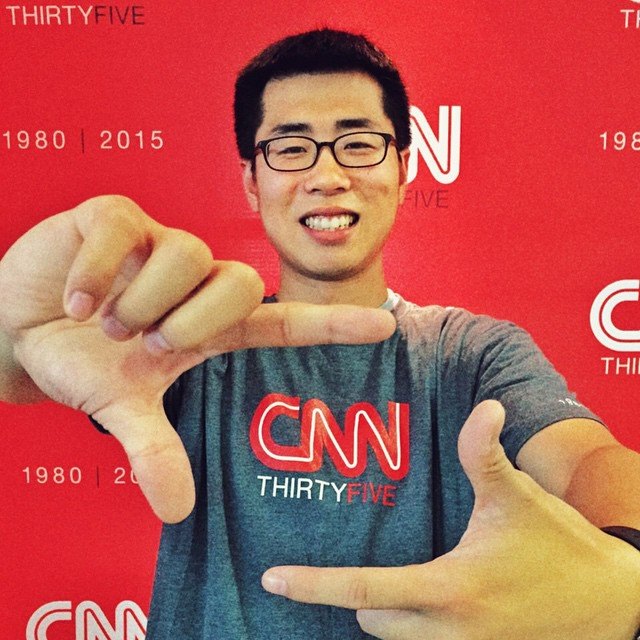Abstract:
Why do some rebel groups undertake costly, intensive governance projects that trigger resistance and violence, undermine their legitimacy, strengthen rival rebel groups, and even put their own combatants and civilians at risk, while other rebel groups do not? Some rebel groups undertake maximal and intensive governance that is so unpopular, it inflames civilian-led violent resistance against rebel groups, and triggers defections that feed the ranks of rivals. Other rebel groups limit their governance interventions by co-opting pre-existing sociopolitical organizations, efficiently consolidating authority while minimizing resources spent on governance. I argue that the nature of rebel groups’ long-term goals determines whether rebels’ implement relatively more limited governance or more intensive governance. Rebels’ goals can be more or less transformative, and the degree of transformativity corresponds to differential requirements for victory. Rebels with more transformative goals aspire to fundamentally change the state, if not also society: they aspire to revolution. To realize revolutionary ambitions, rebels must not only achieve military victory, they must also undertake intensive and maximal governance to restructure the state and society. Such projects, however, are both costly and perilous, frequently provoking counter-revolutionary violence. Although these burdensome governance schemes could be saved until after rebels secure military victory, rebels with revolutionary goals undertake maximal and intensive governance during war. The reason for this is because the Chinese Communist Party, led by Mao Tse-Tung, innovated a strategy that combined warfare with maximal and intensive governance to realize revolution in China, then propagated this strategy globally and trained aspiring rebel leaders in how to execute it. Rebels with revolutionary ambitions seek to emulate the behaviors of rebel groups that successfully achieved shared goals, and because of the CCP’s propaganda and training, easily encountered information about the CCP, or other rebel groups that mimicked the CCP. This information causes rebel leaders with revolutionary goals to believe in the necessity and appropriateness of implementing maximal and intensive governance during war. These leaders also believe that maximal and intensive governance creates global legitimacy for the rebel group that can be leveraged for military and political support. Communist rebels are not the only groups to adopt the CCP’s strategy: even jihadist revolutionary rebels like the Islamic State build many of the same institutions as the CCP during the Chinese Civil War. By contrast, rebel groups with less transformative goals aspire to war for personal gain, autonomy, reform or a change in leadership. Because rebels with less transformative goals can achieve all of their objectives through either a military victory or a sustained military campaign that compels the state to negotiate, these rebels limit their governance interventions to prioritize their military endeavors.

Megan A. Stewart is an Assistant Professor at American University’s School of International Service. Megan’s research interests lie at the nexus of state formation and civil war. Her work examines the strategic use of violence and governance during intrastate conflict, participation and civilian collaboration in civil war, and post-conflict institution building. Megan is currently working on a book manuscript, Governing for Revolution, which explores how the long-term strategic goals of insurgencies determine the inclusivity of their social service systems to both impact the war effort, as well as shape the nature of state institutions once conflict ends. Megan completed her Ph.D. in Government with Distinction from Georgetown University in May 2016. Her research has been supported by the University of Virginia, Brookings Institution, Georgetown University, the Harry S. Truman Foundation, and Qualtrics. Megan’s research has been published in the Journal of Politics, Conflict Management and Peace Science, and is forthcoming in International Organization. Her work has been featured in the Washington Post’s Monkey Cage blog and Political Violence at a Glance.
For more information, please visit her website, www.meganastewart.org.














